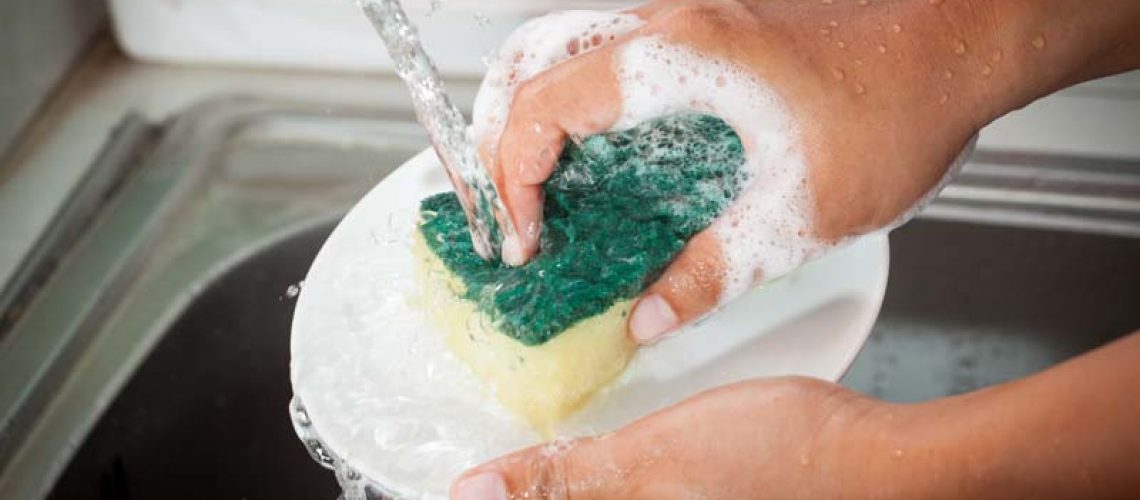For many of us, we use a kitchen sponge to wash our dirty dishes and utensils after cooking and eating. But no matter how hard we try to keep our kitchen clean, we are still prone to bacterial infection. And your cleaning sponges or cloths are no exception.
A study done by German researches has found that cleaning sponges host ‘risk group 2’ bacteria, for example, Moraxella osloensis or a class of bacteria called Gammaproteobacteria. There are also a large number of other pathogens that can be in your sponges that can cause typhoid, cholera and food poisoning.
The study looked through 14 different types of kitchen sponges. They found 54 BILLION bacterial cells in 1cm² area! Which means they can collect and spread bacteria. Not only do sponges act as “as a reservoir of microorganisms, but also as disseminators over domestic surfaces. This can lead to cross-contamination of hands and food, which is considered a main cause of food-borne disease outbreaks.”
Cleaning kitchen sponges?
Some of you may already be taking extra care of your cleaning products in the kitchen sink! But studies show that regularly cleaned sponges aren’t any cleaner than those that are never cleaned. You are better off regularly replacing your sponge.
Do you need to replace the sponge in your kitchen . . . now? Do you need a better habit to prevent cross-contamination?
If you would like more information on this topic or get the source URL for this article, then email us at [email protected]
